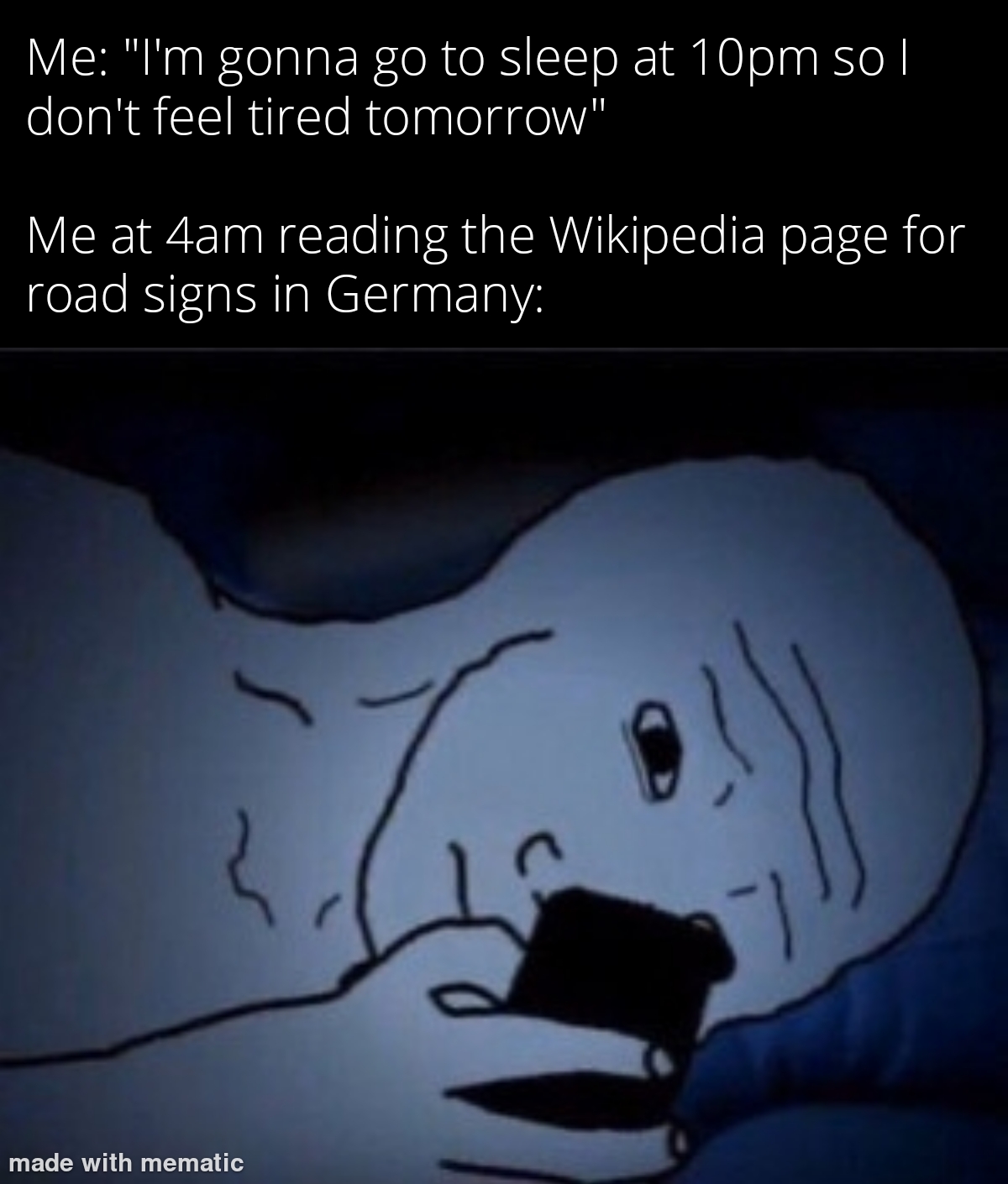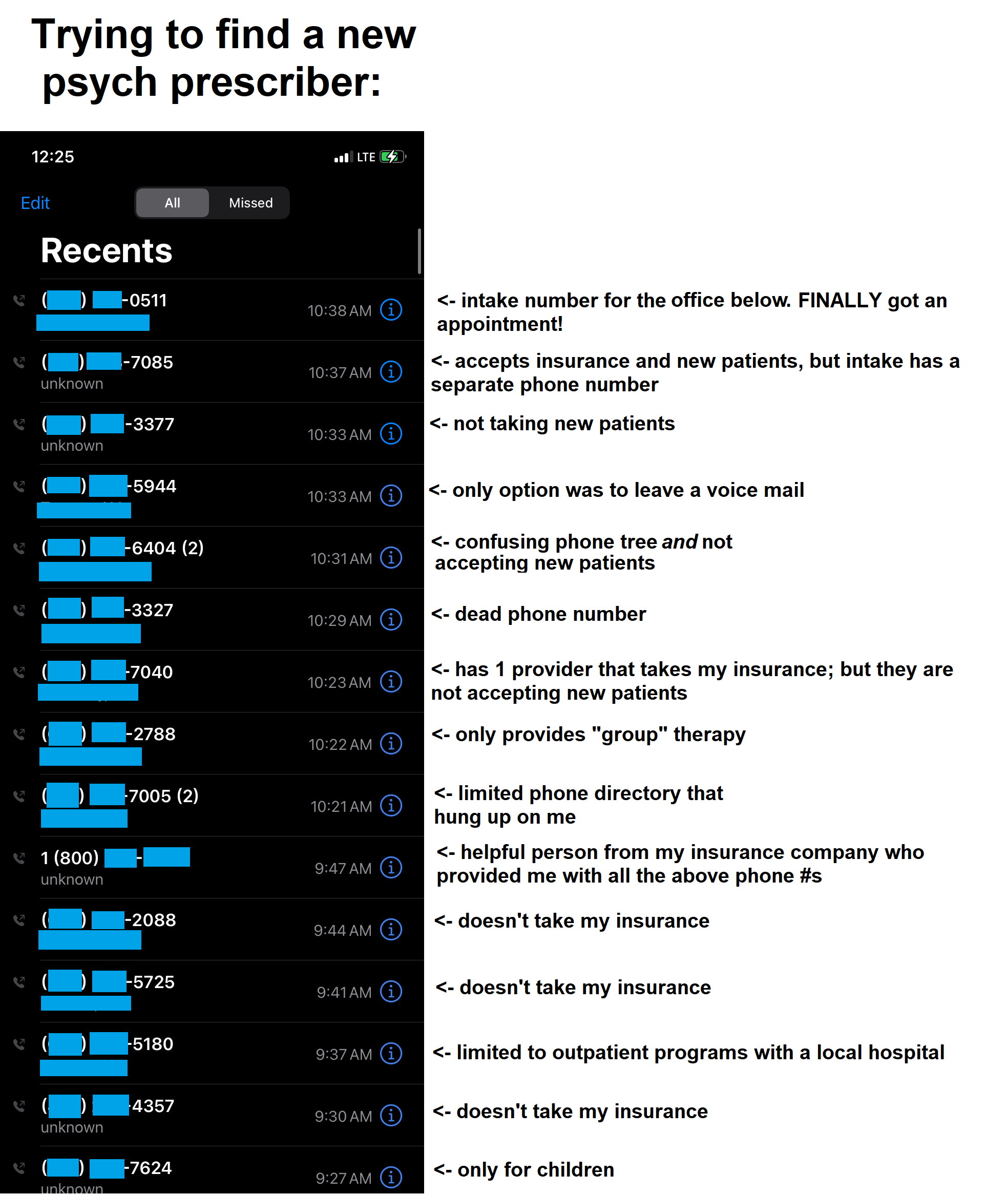Before I start, I would like to remind those coming from All that you are in an ADHD community. Our "normal" may not look like your "normal," and by being here you might be exposed to new perspectives. Please be respectful.
To "Pin" an Idea
I've brought this concept up in various comments here and there, but I figured the topic deserved its own post. Like many of you, my in-person conversations tend to branch out. My "train of thought" gets derailed frequently, and if I'm talking with neurodivergent friends, our thoughts tend to scatter like dandelion seeds in the wind.
Then one day, I had a friend who started saying, "I'm putting a pin in that," during our conversations. What they meant was that they had a tangential thought that they wanted to share, but they didn't want to throw me off what I was saying. Mentioning that there was a "pin" not only helped them remember that they wanted to share something, but informed me that there was more they wanted to say - in case they forgot the pin, I might still remember. In this way, the "pin" acted as a verbal post-it note when we were unable to actually write things down.
Since then, I've adopted the idea and found it helps cut down on a lot of frustration. I've shared it with other friends, and it's even evolved for us, going from a mere mentioning of "a pin," but to "pinning" specific words that would help conjure the specific thought we want to recall.
For example
Say one person is telling a story about taking their dog to the beach. The idea of the beach makes you think of crabs, which reminds you of a funny story revolving around hermit crabs you used to have. So you might put your hand up, wait for a pause, and say, "I want to put a 'pin' on the word 'hermit crabs.' I have a story to share afterwards," and let the previous conversation resume. Having "pinned" a word that points straight to the idea you want to share, you have a metaphorical "scaffolding" to hold your thought onto, making the transition between topics go more smoothly.
In my experience so far, this has not only helped my friends and me to finally finish more of our stories successfully, but we've also become more mindful of each other during conversations. It's easier to pay attention to a speaker when you're not desperately trying to hold onto a thought that, like a balloon on a windy day, constantly attempts to escape from your grasp. By making a "pin," now everyone in the conversation has a hand on the balloon string - allowing you to focus on the moment more without worrying about your thought flying away.
It may take practice to get into the habit, but it's been worth it for me. Anyway, I just wanted to share this technique. Hopefully someone finds it useful. 🙂




There needs to be something about so-called "junk DNA" added to this.